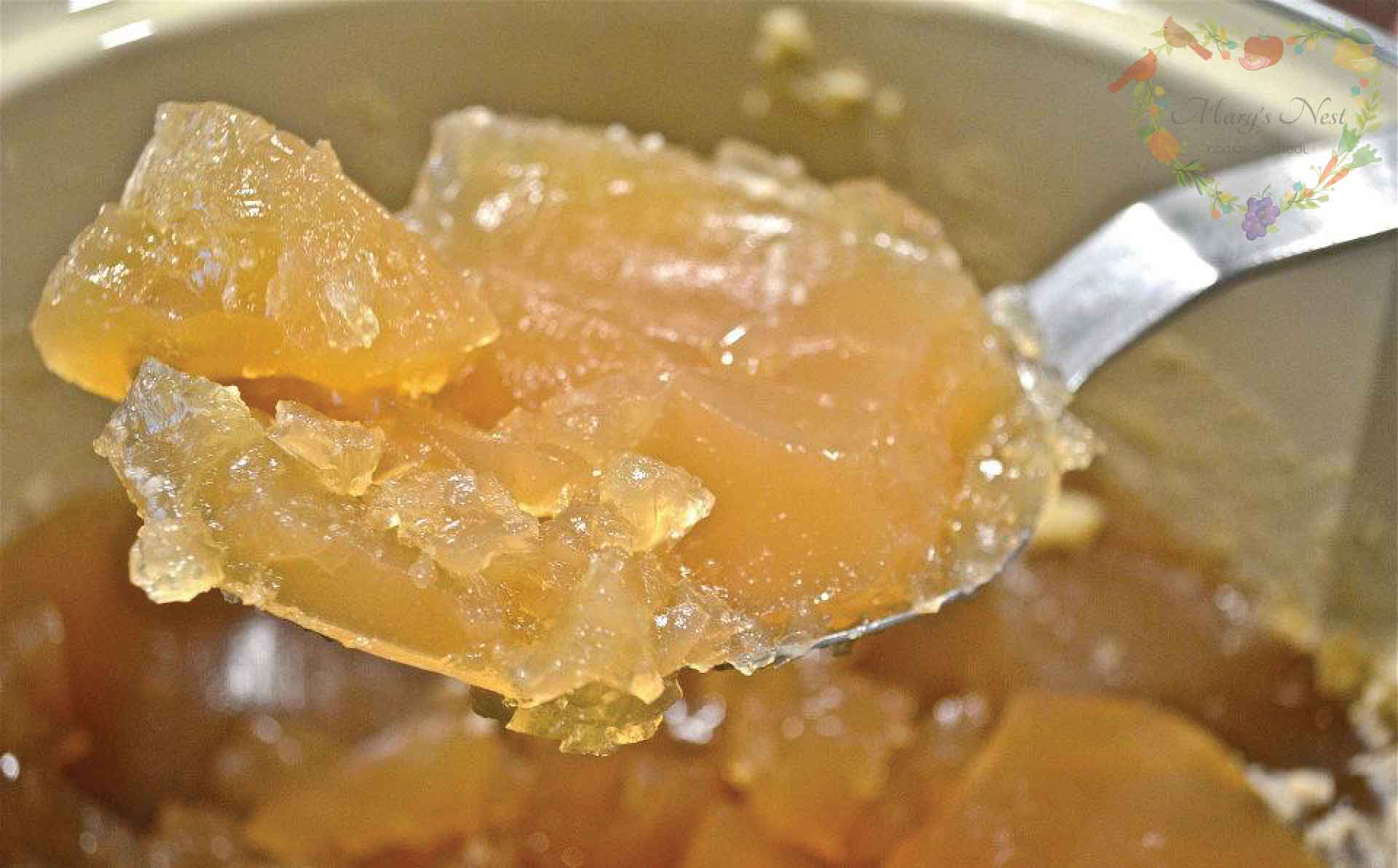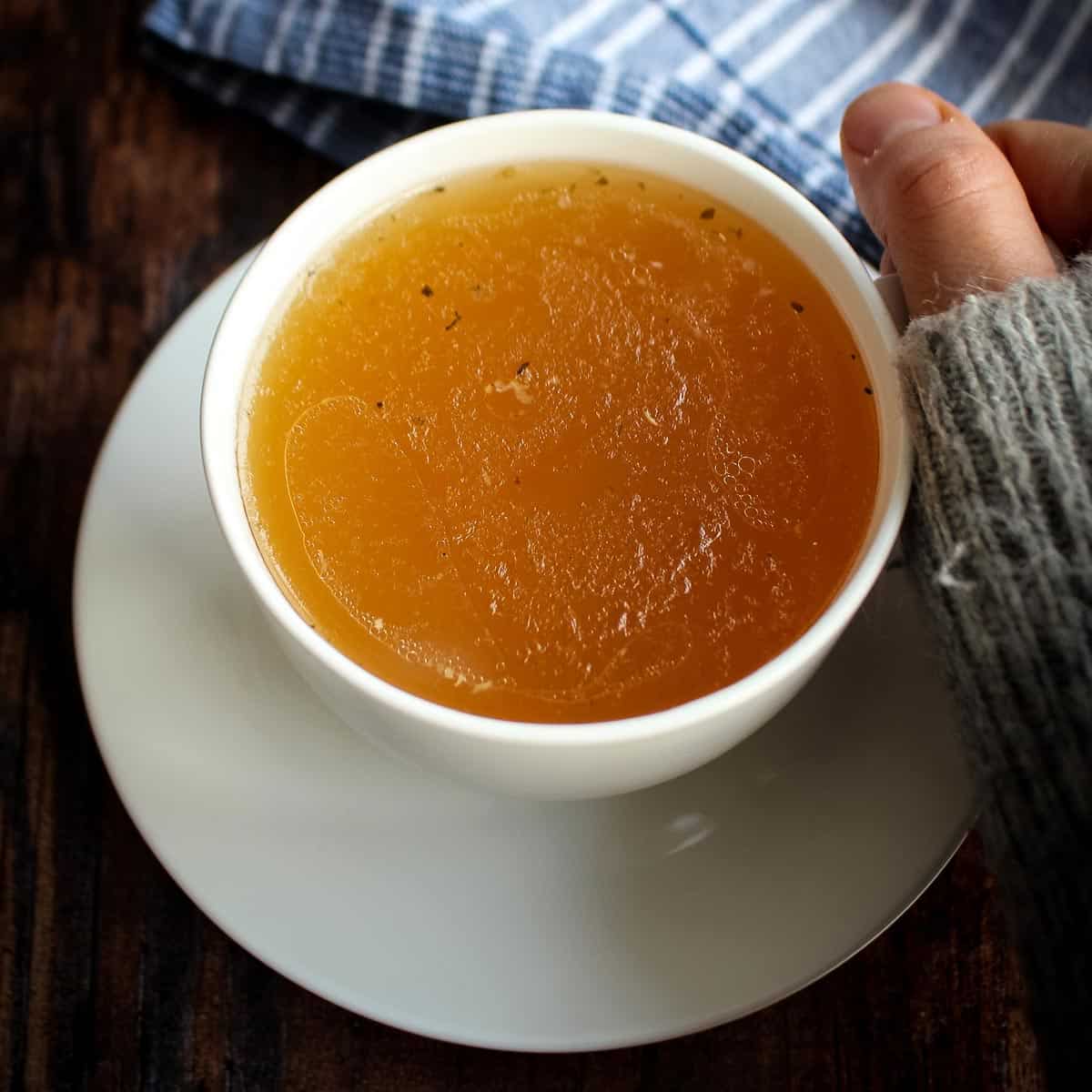The Value of Healthy And Balanced Food: Why Bone Broth Is an Excellent Selection for Babies
When it involves your baby's nutrition, every option matters. Bone broth sticks out as a nutrient-dense alternative, offering essential nutrients that sustain growth and growth. Its abundant structure not just aids digestion but also boosts the immune system. Recognizing just how to incorporate this versatile food into your baby's diet can set the stage for healthy consuming behaviors. So, what are the very best ways to introduce bone broth to your child?
Nutritional Advantages of Bone Broth for Infants
When you present bone broth to your baby's diet regimen, you're giving a nutrient-dense food that uses numerous health and wellness advantages. Packed with crucial nutrients, bone broth includes calcium, magnesium, and phosphorus, which sustain your infant's growing bones. It's likewise rich in collagen, aiding in the development of healthy and balanced skin, joints, and connective tissues.
Furthermore, bone broth is an outstanding resource of amino acids like glycine and proline, which play a substantial duty in overall growth and muscle growth. These nutrients aid advertise a solid body immune system, establishing a strong structure for your infant's wellness.
In addition, bone broth is simple to digest, making it a gentle option for your kid. By including this wholesome food into their dishes, you're guaranteeing they get vital nutrients essential for their overall health. Go in advance and make bone broth a staple in your infant's diet plan!
Just How Bone Broth Sustains Digestion
Bone broth is packed with necessary nutrients that can really benefit your infant's food digestion. It advertises gut health and wellness and assists with nutrient absorption, making it a fantastic enhancement to their diet. By integrating bone broth, you're establishing the phase for a much healthier digestion system.
Nutrient-Rich Composition
One of one of the most nutrient-rich foods you can introduce to your infant's diet is bone broth, which is loaded with crucial minerals and amino acids that support healthy and balanced digestion. Rich in collagen, bone broth assists strengthen your infant's digestive tract lining, making it much easier for their body to absorb nutrients. It gives gelatin, which assists in breaking down healthy proteins, promoting smoother digestion. Additionally, the broth consists of important electrolytes like potassium and magnesium, guaranteeing your infant stays hydrated and balanced. The amino acids, such as glycine and proline, play an important role in repairing cells and sustaining general health and wellness (bone broth for infants). By integrating bone broth right into your child's dishes, you're offering them a wholesome food that nurtures their digestion system efficiently.
Advertises Intestine Wellness
As you introduce bone broth right into your infant's diet, you'll locate it not only nurtures yet likewise promotes gut health effectively. Rich in jelly, bone broth helps calm the digestive system system, decreasing inflammation and sustaining a healthy and balanced gut lining. In addition, the amino acids found in bone broth, such as glycine, help in food digestion and can help avoid typical stomach problems.
Aids Nutrient Absorption
Introducing bone broth not only sustains digestive tract health however also plays a substantial function in aiding vitamins and mineral absorption. When you provide your infant bone broth, you're supplying a rich resource of minerals and amino acids that improve their gastrointestinal processes. The jelly in bone broth helps to calm the digestive tract lining, enhancing its ability to soak up important nutrients.
Enhancing the Immune System With Bone Broth

In addition, bone broth consists of glycosaminoglycans, like glucosamine, that can boost the body immune system's capacity to work efficiently. This implies it not only assists in developing defenses but additionally aids in healing from ailments. By integrating bone broth into your child's diet, you're supplying an all-natural source of nourishment that advertises wellness. Think about making bone broth a staple in your infant's dishes, as it can play an important duty in their immune health and wellness and advancement.
Easy Ways to Integrate Bone Broth Into Child's Diet
Including bone broth into your infant's diet regimen can be basic and rewarding. Begin by blending a small quantity of bone broth right into pureed vegetables or fruits. This adds taste and nutrients without overwhelming your child. You can additionally make use of bone broth as a base for soups or stews that you plan for the household, guaranteeing your child gets a preference of scrumptious, healthier meals.
If your infant takes pleasure in grains, take into consideration cooking rice or quinoa in bone broth rather of water for additional nutrition. These techniques will help your baby enjoy the benefits of bone broth effortlessly!
Homemade vs. Store-Bought Bone Broth: What to Select
Which is better for your infant: homemade or store-bought bone broth? Self-made bone broth uses you total control over the components. You can pick high-quality bones, organic veggies, and herbs, ensuring your infant gets the most nutrients without ingredients or chemicals. Plus, making it in the house can be a fulfilling experience, allowing you to bond with your infant while preparing wholesome food.
On the various other hand, store-bought options are practical and save you time. They typically include preservatives and might not match the deepness of flavor and nutrition you obtain from homemade broth. If you choose store-bought, seek brand names that are organic and totally free from additives.
Ultimately, if you have the moment and resources, homemade bone broth is the superior selection for your child's health and wellness. If you're brief promptly, choose a top quality store-bought alternative as a backup.
Age-Appropriate Bone Broth Offering Tips
As your baby expands, it's important to tailor bone broth serving suggestions to their developmental phase. For babies around six months, start with a couple of does of watered down bone broth (bone broth for infants).
Once your child gets to around 8 months, you can offer it warm in a sippy mug or include it to soft foods like purees. By the time your kid is around a year old, take into consideration using bone broth as a standalone drink or mixing it into soups and stews. Just make certain to maintain the broth low in sodium. Constantly keep an eye on for any type of reactions, and consult your pediatrician if you have concerns concerning presenting brand-new foods. Enjoy this nutritious addition to your baby's diet!
Other Healthy Foods to Couple With Bone Broth for Babies
When you're aiming to improve the nutritional worth of bone broth for your infant, consider coupling it with nutrient-dense vegetables like carrots and spinach. Whole grain options, such as quinoa or brownish rice, can likewise include texture and fiber. In addition, incorporating healthy protein resources like shredded chicken or lentils will round out the meal perfectly.

Nutrient-Dense Vegetables
Nutrient-dense vegetables are a great addition to bone broth for infants, improving both flavor and nourishment. Incorporating veggies like carrots, spinach, and wonderful potatoes can enhance the nutrient content of your broth. Carrots provide beta-carotene for healthy vision, while spinach is packed with iron and calcium, important for growth. Sweet potatoes add natural sweetness and are abundant in fiber, aiding digestion.
You can easily blend these veggies right into the broth or serve them as soft, cooked items along with it. This not only presents new flavors but also urges your youngster to enjoy a selection of nutrients. By combining nutrient-dense vegetables with bone broth, you're laying the structure for a healthy and balanced diet right from the begin.
Whole Grain Options

Healthy Protein Sources
Bone broth pairs wonderfully with different healthy protein sources, better boosting your baby's diet regimen. Attempt adding soft, prepared lentils; they're nutrient-dense and jam-packed with protein. You can additionally blend in shredded chicken or turkey, which are simple for your youngster to digest. If you're searching for plant-based choices, take into consideration mashed tofu or pureed chickpeas-- both supply exceptional protein without overwhelming flavors. Eggs, when introduced securely, are one more terrific choice; they're functional and filled with nutrients. Ultimately, assimilating some well-cooked quinoa can include a wonderful texture and added healthy protein. By combining these healthy protein resources with bone broth, you're providing your baby a balanced, beneficial meal that supports their development and development.
Regularly Asked Concerns
Can Bone Broth Reason Allergies in Newborns?
Yes, bone broth can trigger sensitive reactions in infants, specifically if they're delicate to particular ingredients. Always consult your pediatrician prior to introducing new foods and display for any signs of allergic reactions after feeding.
How Should Bone Broth Be Kept for Babies?
You ought to keep bone broth in airtight containers, either in the fridge for approximately a week or in the fridge freezer for up to three months. bone broth for infants. Always thaw it appropriately prior to serving to your baby
Is It Safe to Give Bone Broth to Premature Babies?
It's vital to consult your pediatrician before introducing bone broth to premature infants. They'll evaluate your child's particular health and wellness demands and assure it's safe, considering their one-of-a-kind nutritional demands and developmental stage. Always focus on experienced guidance.
What Are the Indicators of Intolerance to Bone Broth in Children?
When presenting bone broth, watch for indicators like fussiness, breakout, diarrhea, or vomiting. If your child reveals any of these reactions, it's bone broth for infants best to seek advice from a doctor prior to proceeding to use it.
Can Bone Broth Be Made Use Of as a Meal Replacement for Newborns?
No, you should not utilize bone broth as a meal substitute for infants. It does not have necessary nutrients required for their growth. Rather, include it into their diet regimen along with balanced meals for added sustenance and taste.